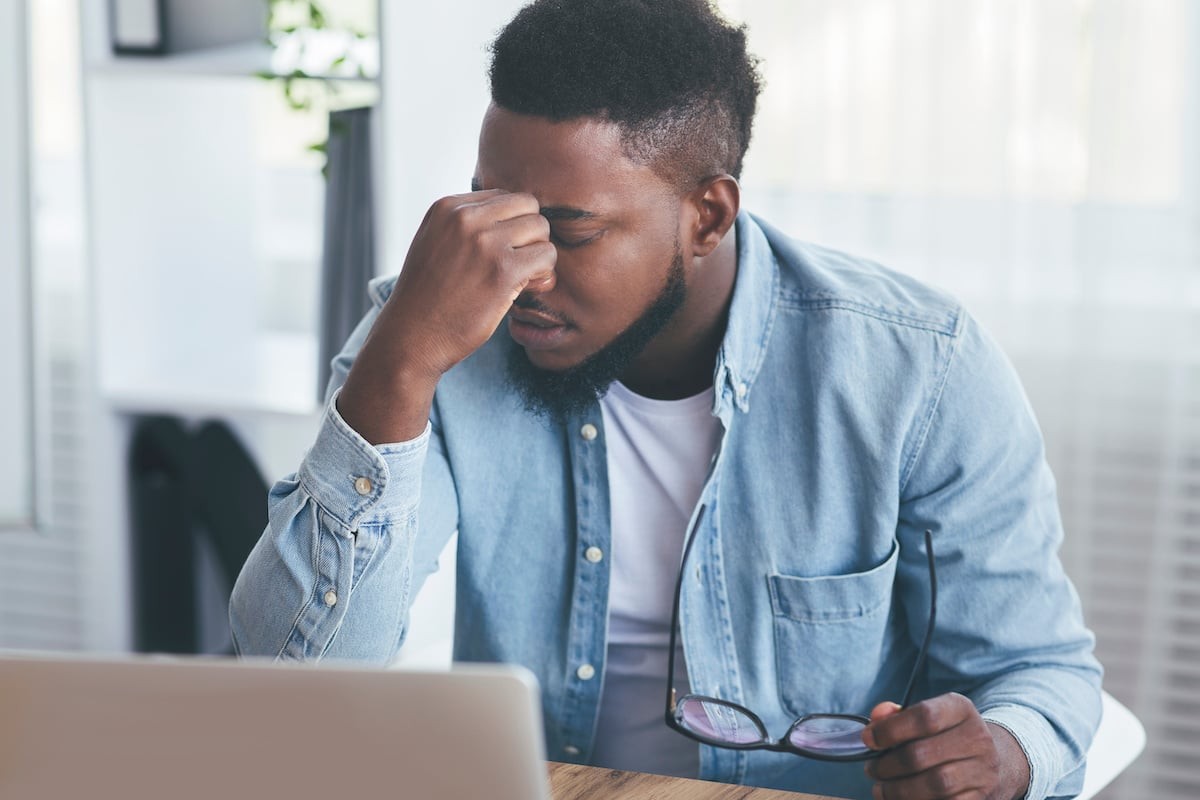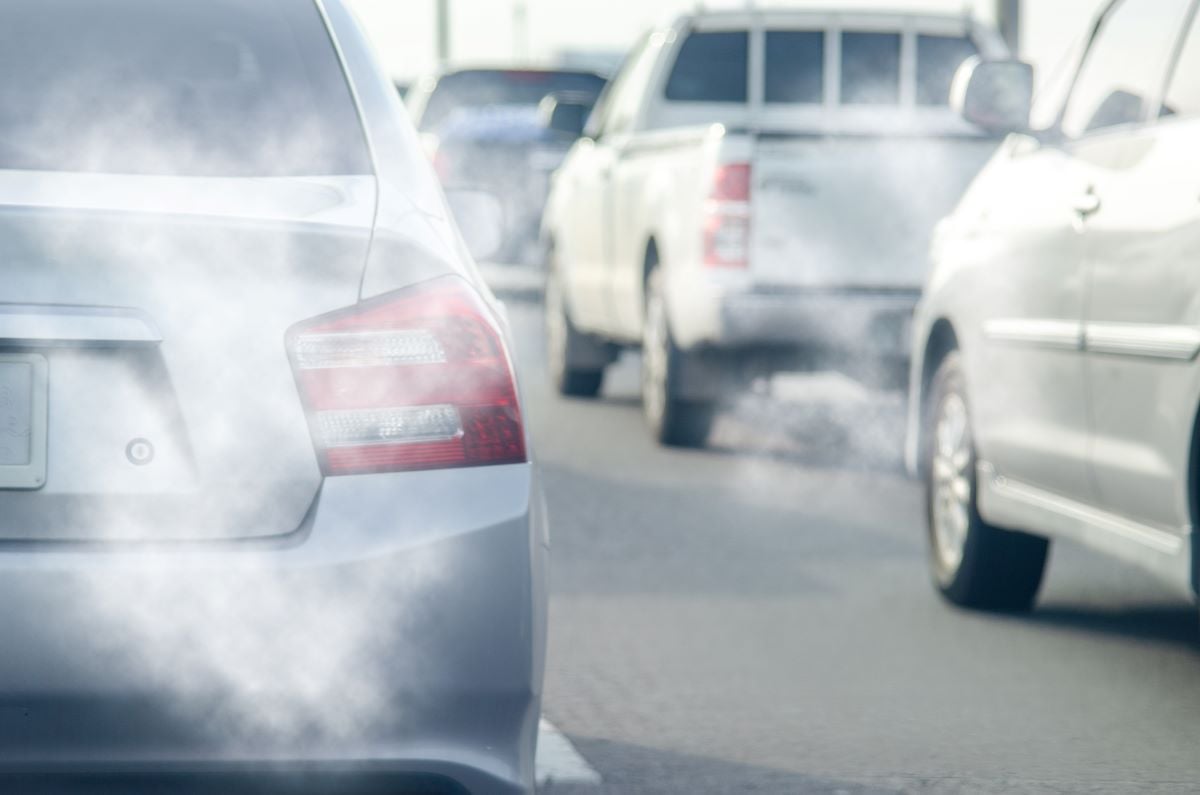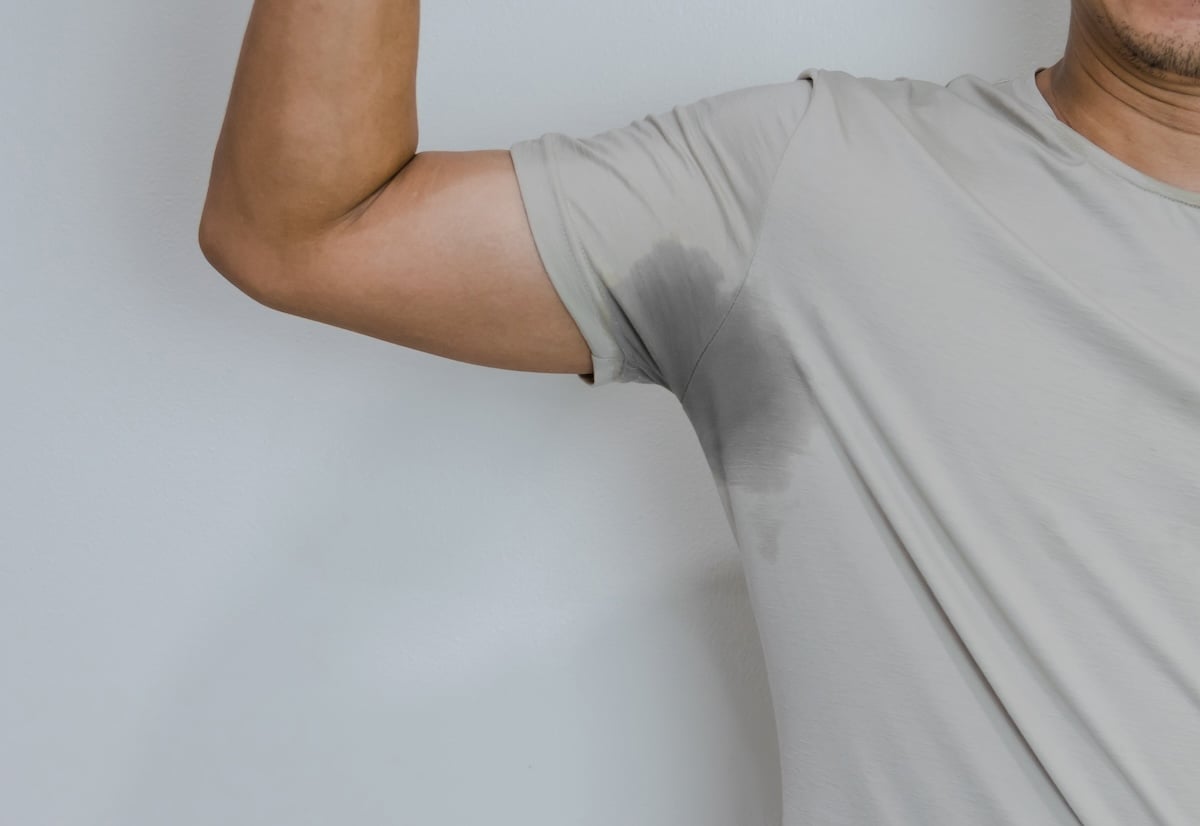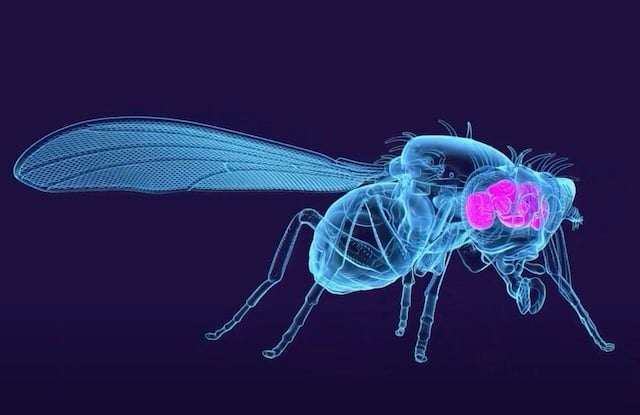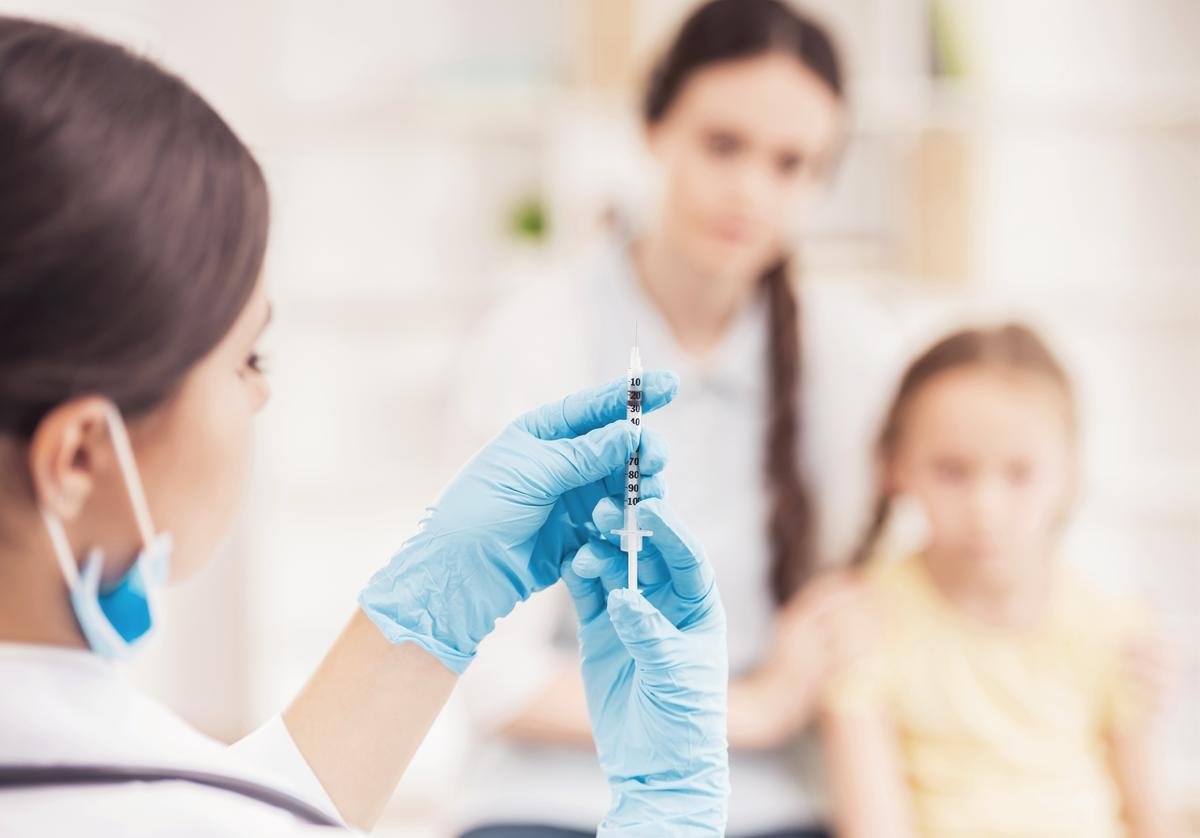
In yet another sign that childhood vaccinations can’t be taken for granted, new government data shows that a record number of kindergartners were exempted from the required shots during the last school year. That leaves more than 125,000 new students without the protection of at least one childhood vaccine, even as measles vaccination rates among… read on > read on >










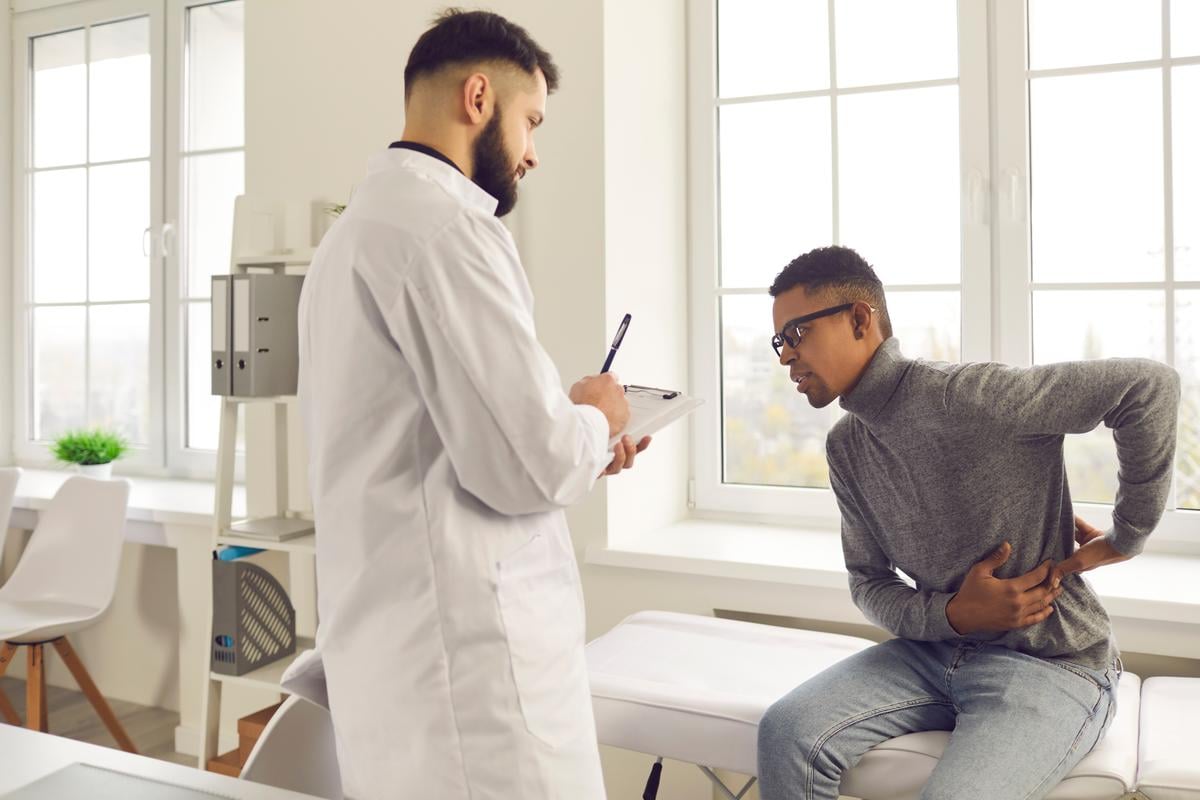
.jpg)
